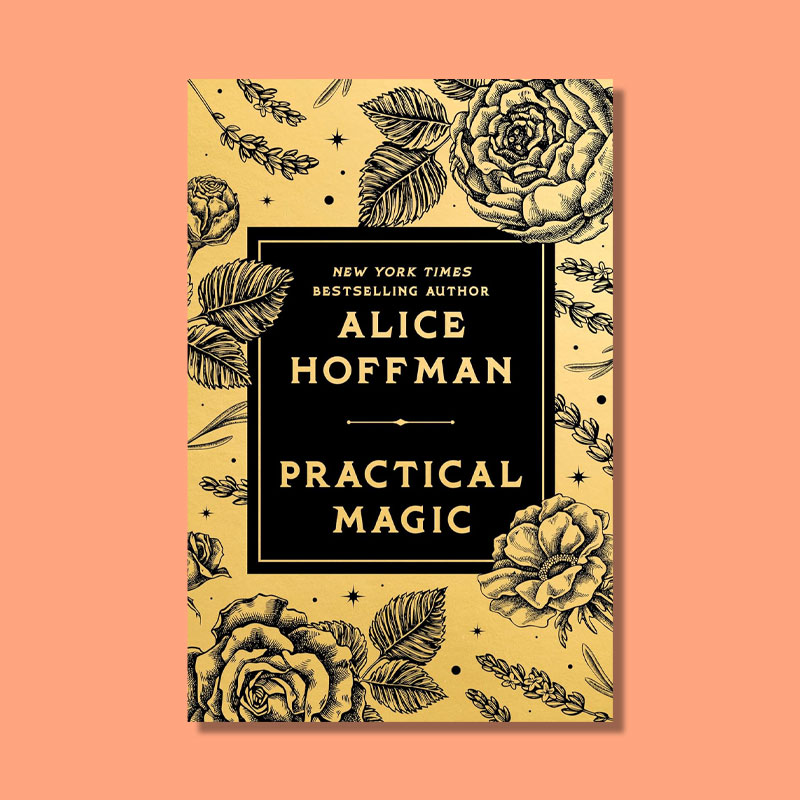Why is "I before E except after C" incorrect? | | The saying "I before E except after C" is a popular spelling rule, but does it have too many exceptions to really help? | |  | Rachel Gresh |
|
| |  | | T he Jackson 5 had an undeniable influence on pop culture, but while audiences were swooning, they were also learning classroom fundamentals with the hit song "ABC." We hear one of the most famous mnemonic devices in English in the song's opening lines: You went to school to learn, girl / Things you never knew before / Like "I" before "E" except after "C" / And why two plus two makes four… This elementary edict of "I" before "E" except after "C" sticks in our collective memory, thanks in part to one of the most popular songs of the 1970s, but it doesn't always hold true.
There is no blanket English grammar rule — everything has exceptions, and this spelling rule is no different. The rule best applies to French-derived words with the /ē/ sound, such as "grief" and "relief." This fulfills the first half of the guideline, and then words such as "receive," "deceit," and "receipt" fulfill the second half — "except after 'C.'"
Here's where things get iffy. There are many words that put "E" before "I" without a "C." Some of these words, such as "eight," "weigh," and "sleigh," have Old English origins. However, it's often impossible to guess a word's origin on sight, so this isn't a reliable method for spelling rules. An extended version of the jingle attempts to account for this spelling: "I" before "E" except after "C" or when sounding like "A" as in "neighbor" and "weigh." Surely this improved version is a guaranteed path to flawless spelling, right? Not quite.
Don't forget about words such as "weird," "glacier," "fancier," "seizure," "science," and "ancient." It turns out "ei" and "ie" make a lot of different sounds when paired together. Instead of memorizing a pithy rhyme with lots of exceptions, it can be more helpful to understand how pronunciation affects spelling. In English, the combination "ei" can make the sounds /ā/ (as in "vein"), /ē/ (as in "protein"), and /ī/ (as in "Fahrenheit"). When the letters "ie" follow a "c," they can be split into two syllables, as in "sci-ence," or the "cie" can make a "shh" sound, such as "ancient" or "efficient."However, even pronunciation rules have caveats, and teaching grade school kids this method can be confusing. The mnemonic device is a logical development.
As it turns out, implementing "I" before "E" except after "C" is not "as easy as 1, 2, 3." It can be a useful tool for spelling basic English words, such as the phrase "a piece of cake," but the full rule (along with its pitfalls) is much more complicated. |
| | Continue reading | |  |
| |
Emoji Decoded | |  | | Heart on Fire | | | Meaning: Depicts a red heart engulfed in flames, representing intense passion, desire, or enthusiasm.
Evolution: Introduced in 2021 as part of Emoji 13.1, this emoji quickly became popular for expressing fervent emotions, or even hot and spicy food. While often used romantically, it can represent any intense feeling or obsession, from hobbies to career goals.
Usage: [Text to a friend about a date:] Chemistry was off the charts ❤️🔥 Can't wait to see them again! |
|
 | | Heart on Fire | | | Meaning: Depicts a red heart engulfed in flames, representing intense passion, desire, or enthusiasm.
Evolution: Introduced in 2021 as part of Emoji 13.1, this emoji quickly became popular for expressing fervent emotions, or even hot and spicy food. While often used romantically, it can represent any intense feeling or obsession, from hobbies to career goals.
Usage: [Text to a friend about a date:] Chemistry was off the charts ❤️🔥 Can't wait to see them again! |
|
| |
Have you read? | |  | | Practical Magic | | By Alice Hoffman | | "Always throw spilled salt over your left shoulder. Keep rosemary by your garden gate. … Plant roses and lavender, for luck. Fall in love whenever you can." Sometimes the movie adaptations of beloved books are a disappointment, and other times actors can make the material soar. In the case of Alice Hoffman's "Practical Magic" novel and the 1998 movie adaptation starring Sandra Bullock and Nicole Kidman, I don't know if I could select a favorite, but having both gives a richer experience. | | | | Jennifer A. Freeman, Word Smarts Senior Editor | | | | We independently evaluate all recommended products and services. If you click on links we provide, we may receive compensation. |
|
 | | Practical Magic | | By Alice Hoffman | | "Always throw spilled salt over your left shoulder. Keep rosemary by your garden gate. … Plant roses and lavender, for luck. Fall in love whenever you can." Sometimes the movie adaptations of beloved books are a disappointment, and other times actors can make the material soar. In the case of Alice Hoffman's "Practical Magic" novel and the 1998 movie adaptation starring Sandra Bullock and Nicole Kidman, I don't know if I could select a favorite, but having both gives a richer experience. | | | | Jennifer A. Freeman, Word Smarts Senior Editor | | | | We independently evaluate all recommended products and services. If you click on links we provide, we may receive compensation. |
|
| |
|

No comments:
Post a Comment